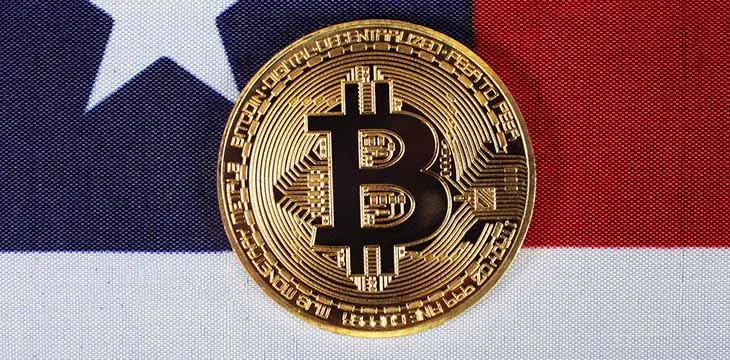|
Getting your Trinity Audio player ready...
|
Texas could soon cease being one of the world’s friendliest block reward mining jurisdictions with the passing of a new bill that seeks to crack down on the sector. Senate Bill 1751 has already received unanimous support in a Senate committee and is likely to sail through the House.
Senator Lois Kolkhorst introduced the bill to the Texas Senate Committee on Business and Commerce in early March. Recently, it reportedly received unanimous support by the committee, with no votes in opposition.
BREAKING: The anti-#Bitcoin mining bill in Texas just passed through Senate committee uncontested without a single vote in opposition.
— Dennis Porter (@Dennis_Porter_) April 4, 2023
It will now head to the rest of the state Senate, where it will most likely sail through, says Dennis Porter, the founder of the Satoshi Action Fund, a lobby group that advocates for friendly digital asset regulations.
“The bill made it onto the ‘uncontested’ list, which means it has a 95%+ chance of passing the Senate. We will be directing a large amount of our focus to ensure this bill does not see the light of day. Texas has become a beacon of mining for the world. We must keep it that way,” he added.
If it passes into law, the bill will deal a big blow to miners in Texas. A key stipulation is that it will cut off miners from the demand response program run by the Electric Reliability Council of Texas (ERCOT), the state grid operator. Miners in Texas get rewarded for giving up their power usage when the demand for electricity in the state surges.
This demand response program has been one of the biggest incentives for miners to set up in Texas. It ensures they generate income without having to mine. Last July, Riot Platforms—formerly known as Riot Blockchain (NASDAQ: RIOT)—raked in $9.5 million in power credits for shutting down its mines upon request by ERCOT.
The bill will also prohibit the state from exempting miners from taxes for “the value of real property on which a virtual currency mining facility is located or is planned to be located during the term of the agreement.”
Miners triple in Texas, but can the grid keep up?
Senate Bill 1751 comes at a time when Texas has recorded a surge in mining activities. According to Lee Bratcher, the president of the Texas Blockchain Council, miners now consume 2,100 MW. This is triple their power demand from a year back, Bratcher told Reuters.
Riot’s facility in Rockdale alone consumes 750MW, and the company is developing a new facility in Navarro County that will consume 1GW, although there’s a campaign to stop the development. The first phase of this project will open in July this year and consume an initial 400 MW.
Texas’ block reward mining revolution comes at a time when ERCOT’s ability to supply power during peak times is under the spotlight. A 2021 winter storm in which about 250 people died exposed the grid operator’s frailties during peak demand.
While the new bill has received support from some sectors, Texas’s blockchain and block reward mining industry is up in arms. Kristine Cranley, the Director of Business Development at the Texas Blockchain Council, called on Texans to oppose the bill, arguing that it will just hike their taxes.
“We urge all Texas residents to reach out to their representatives and encourage them to vote against this anti-free market bill that would increase ERCOT’s cost for procuring demand response services, ultimately leading to increased costs for Texas ratepayers and reduced grid stability,” she stated.
Matt Prusak, the chief commercial officer for BTC miner US Bitcoin Corp. says that while he understands the bill’s intent is to foster responsible growth for miners, it may have other unforeseen effects.
“While we share this goal, we believe that the current proposal may have unintended consequences that could negatively impact both the mining sector and the broader energy market,” he commented.
Watch: Blockchain mining & energy innovation

 07-03-2025
07-03-2025 





